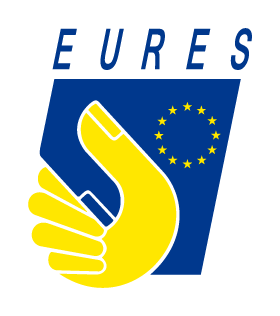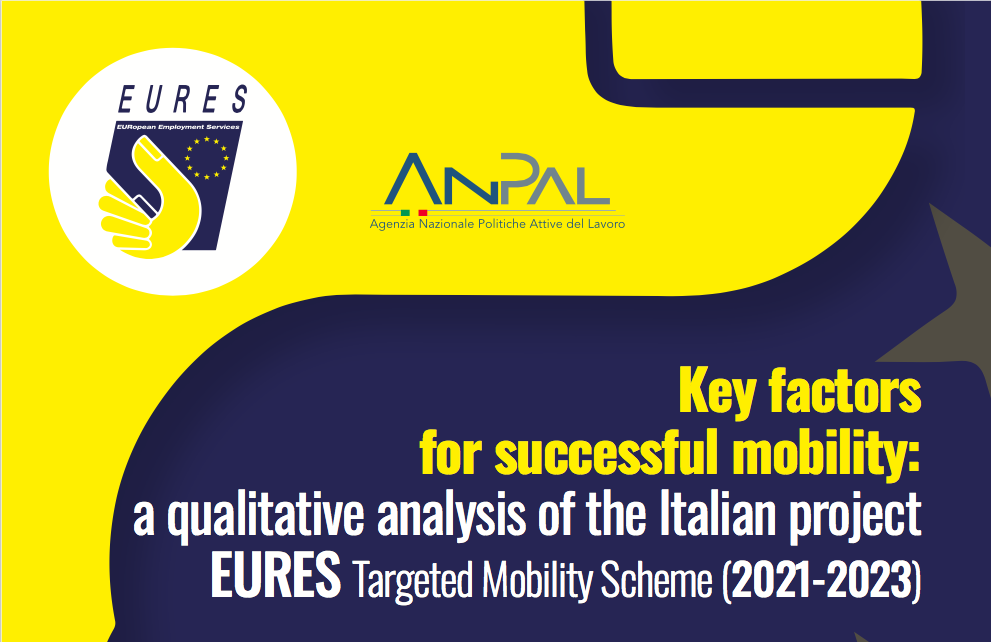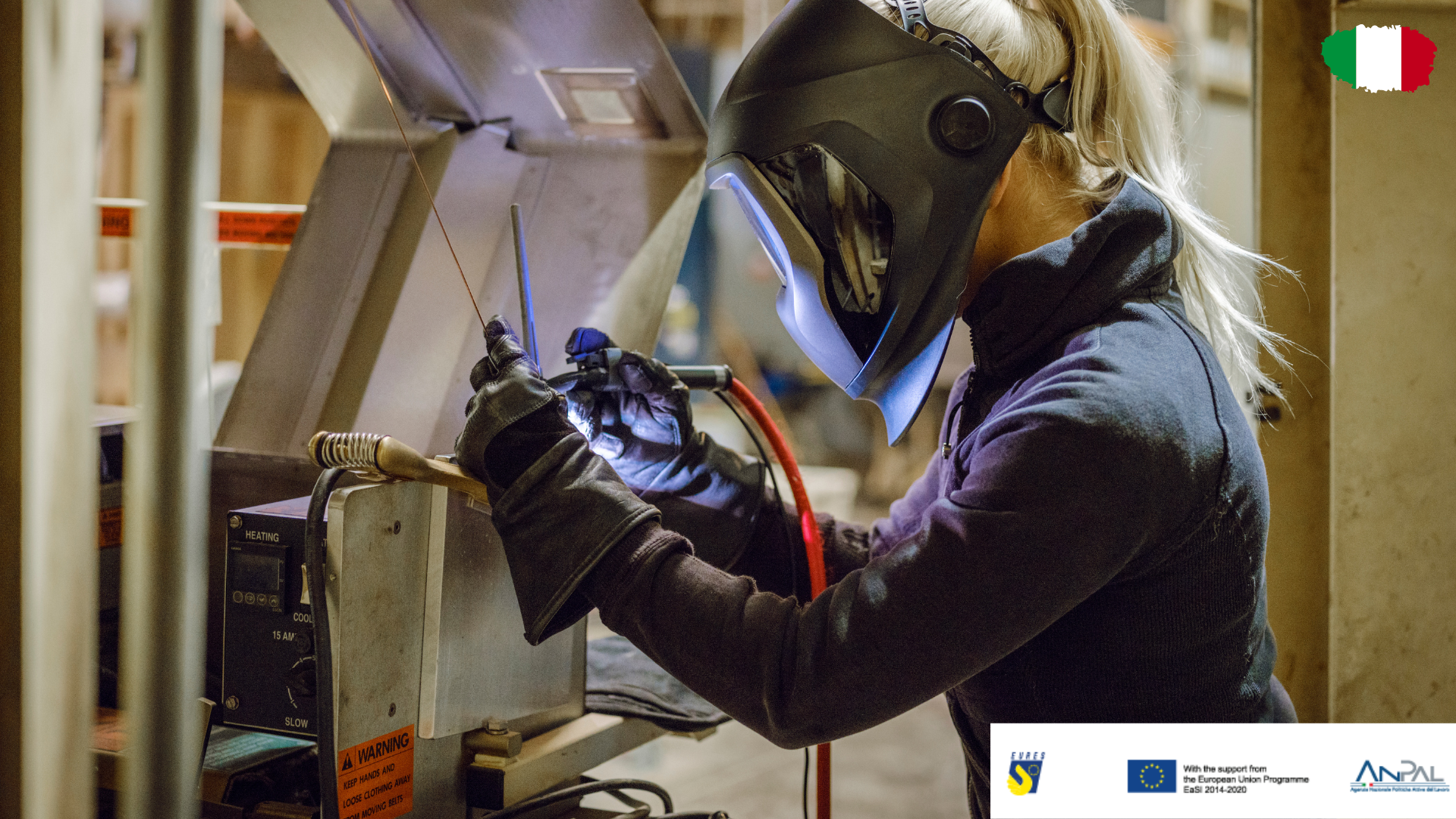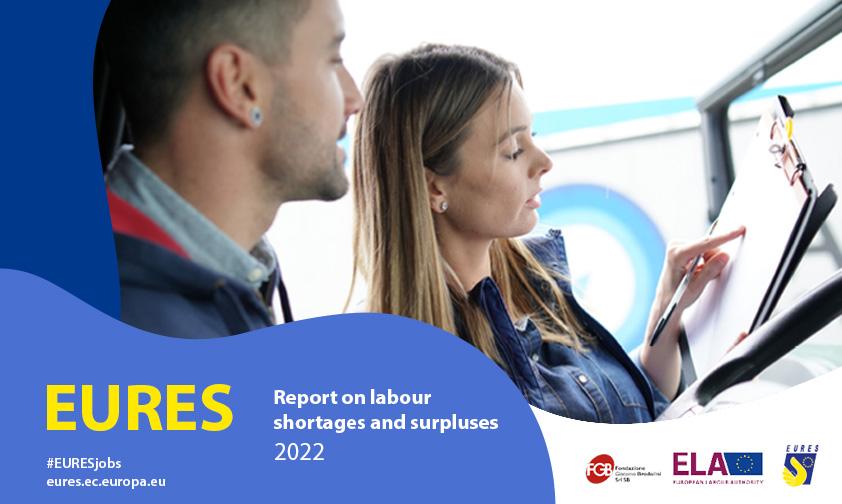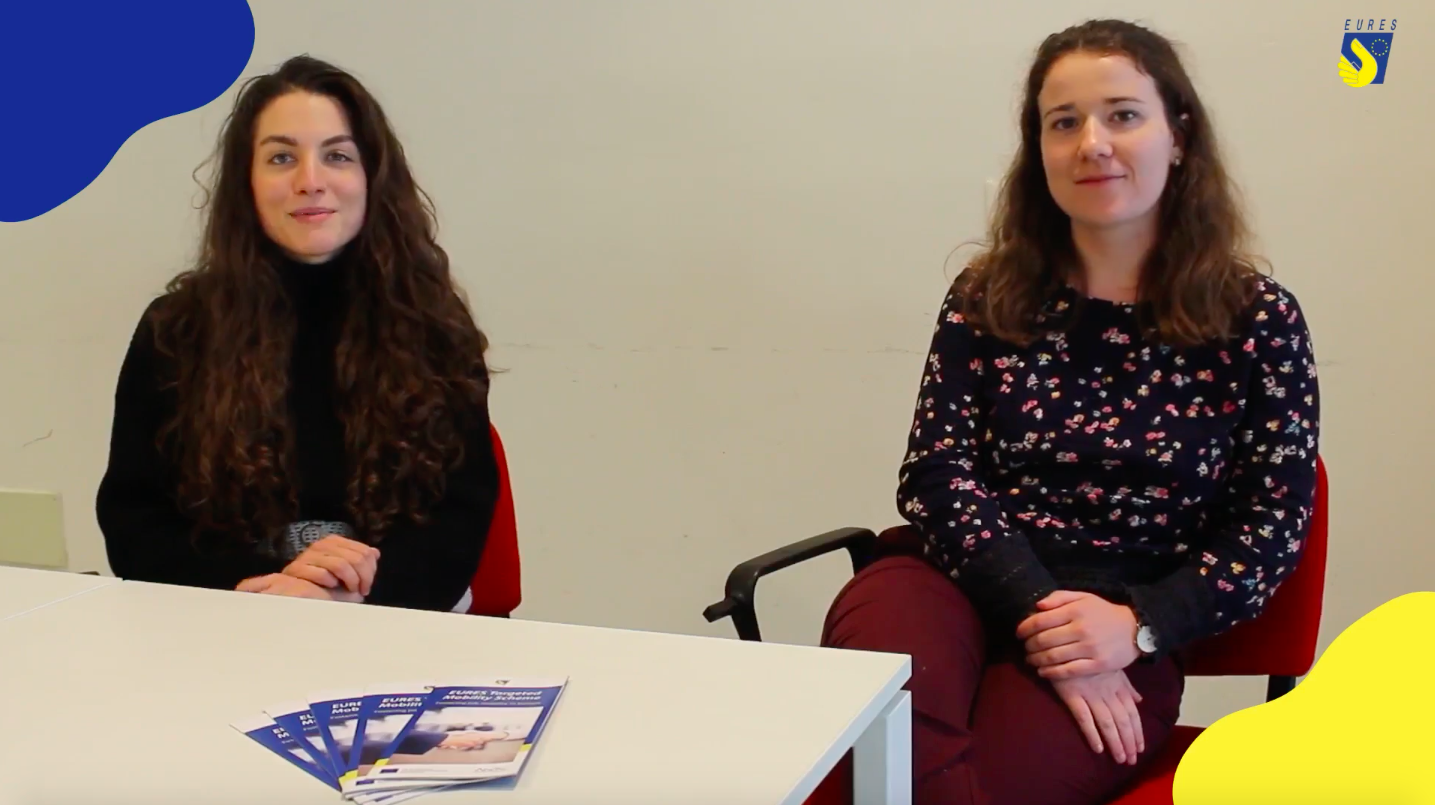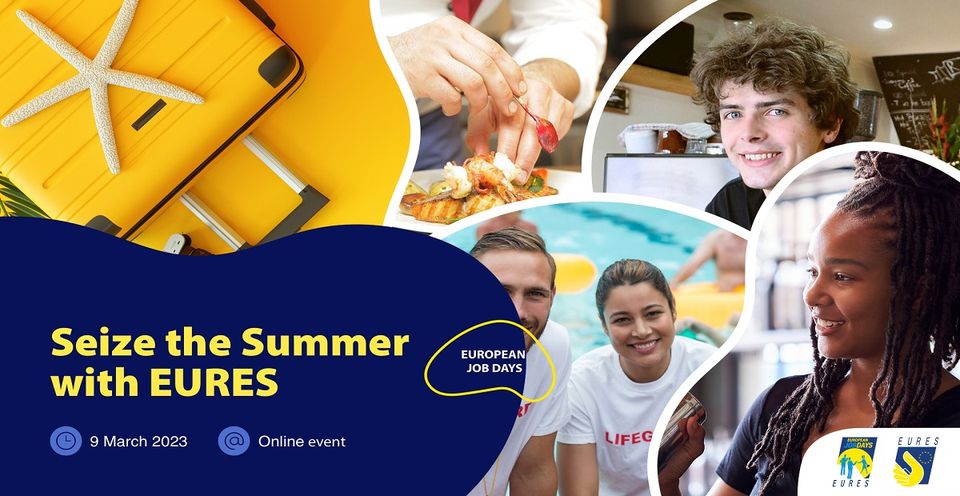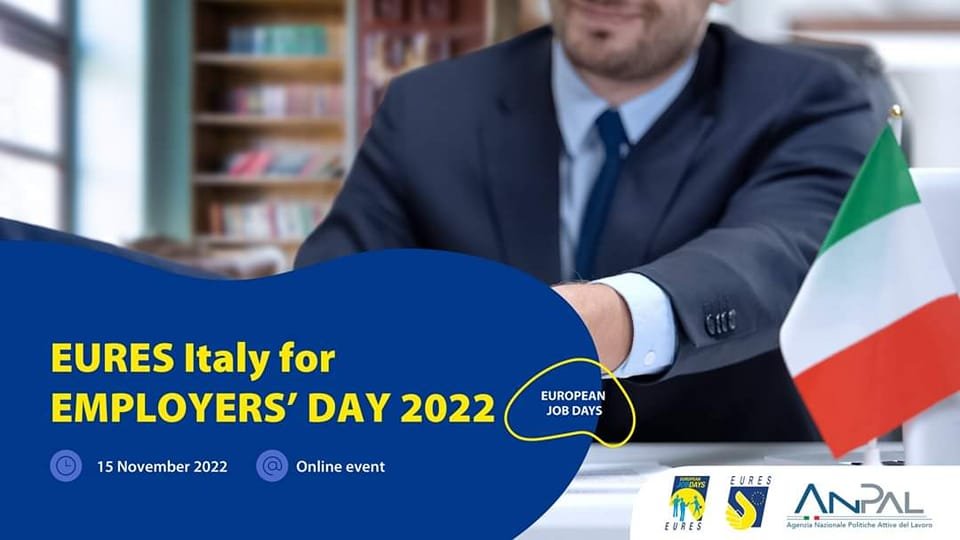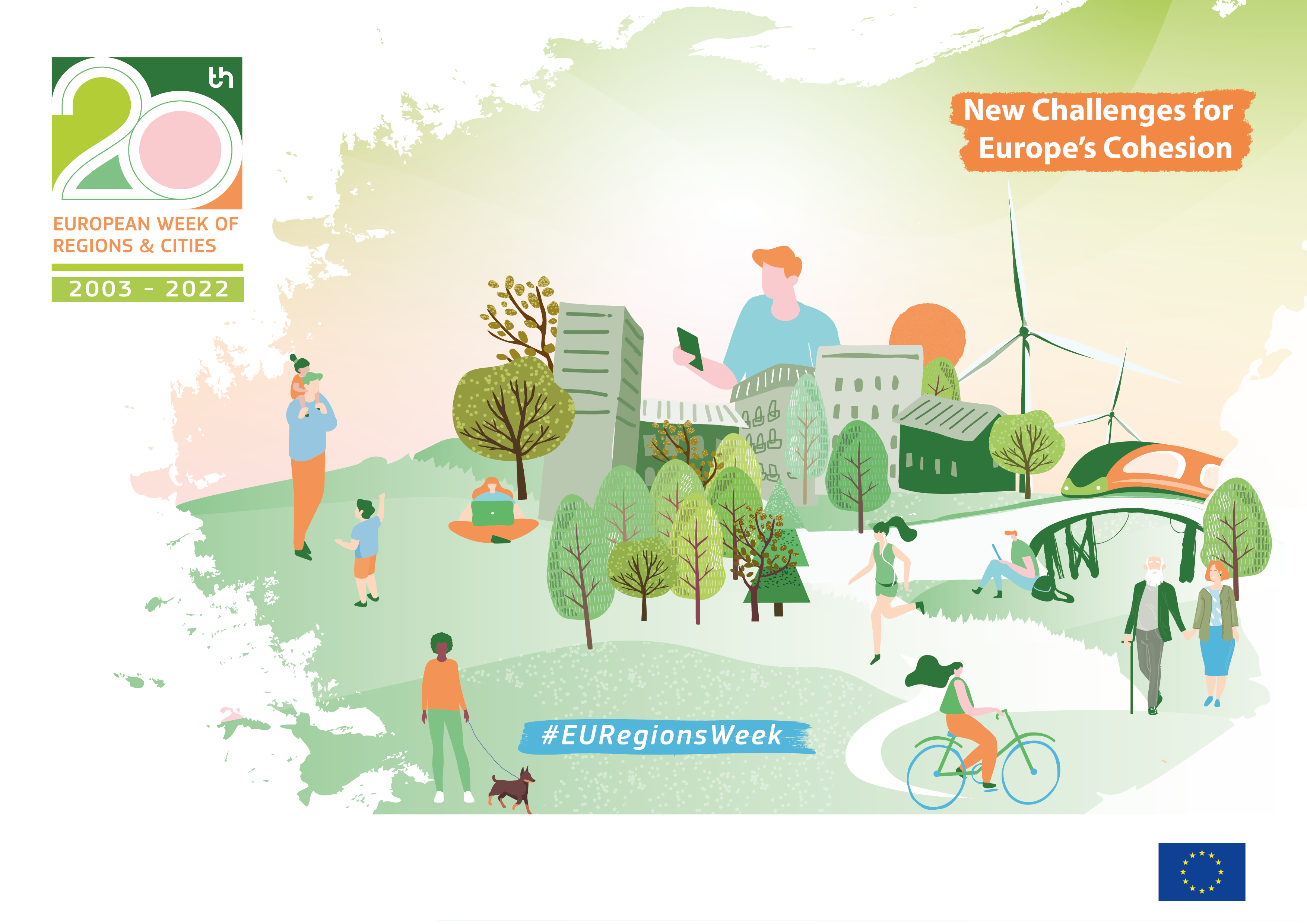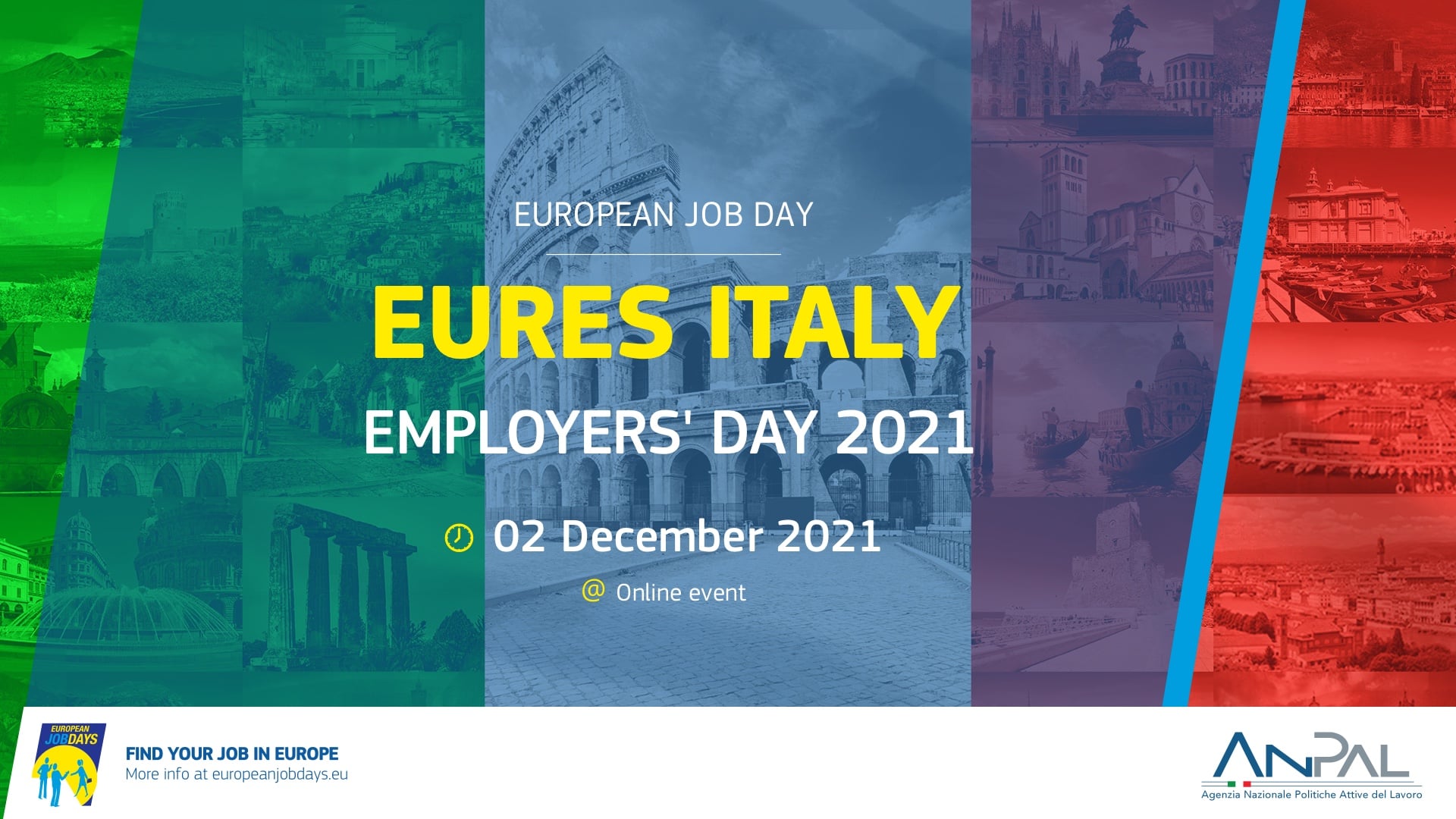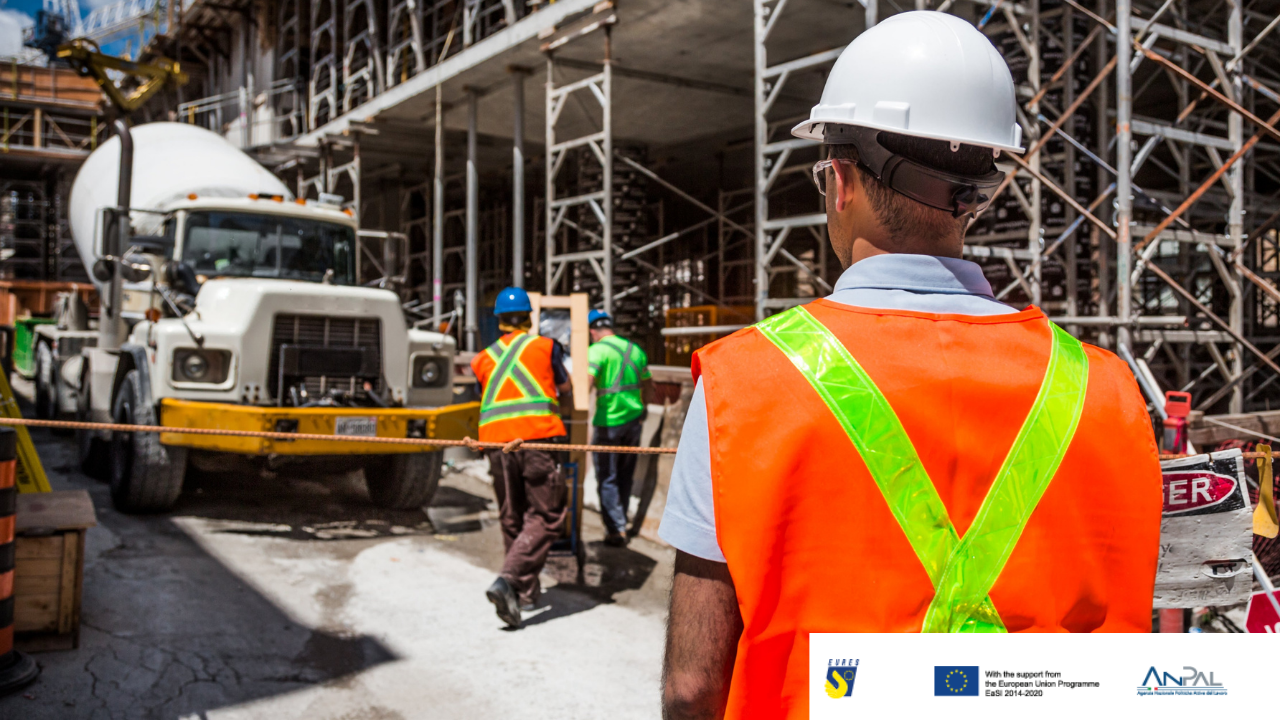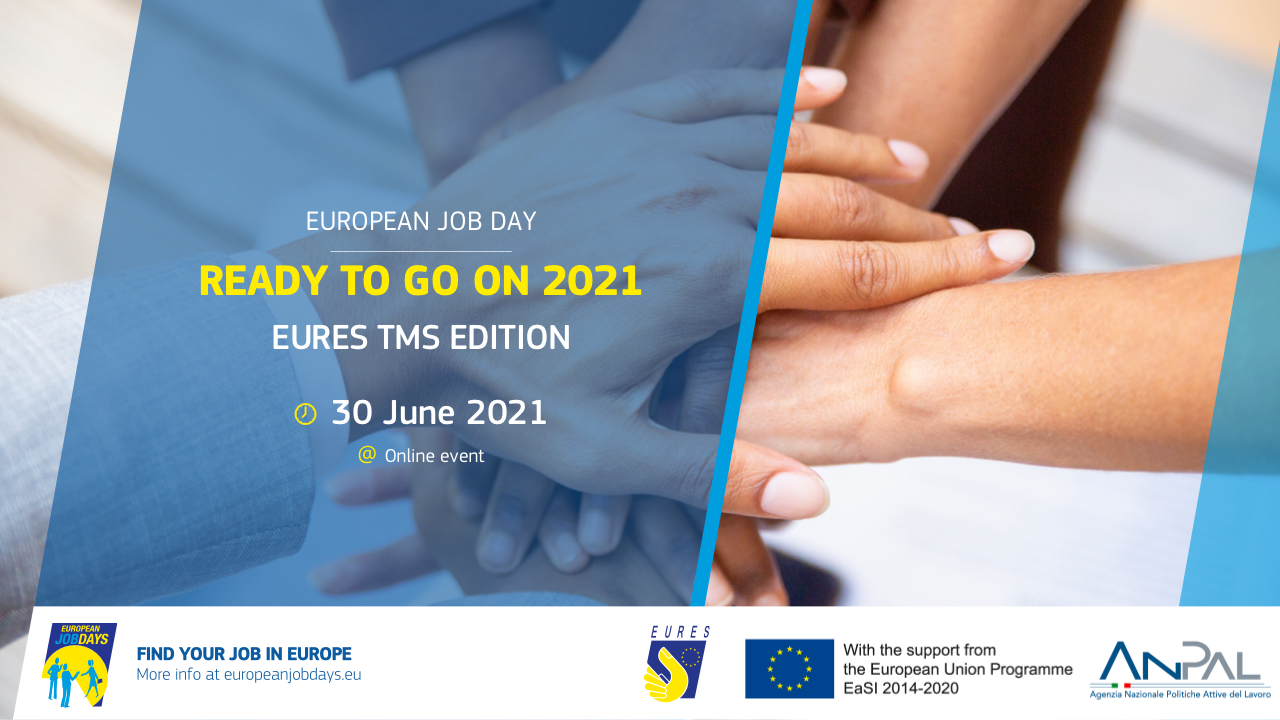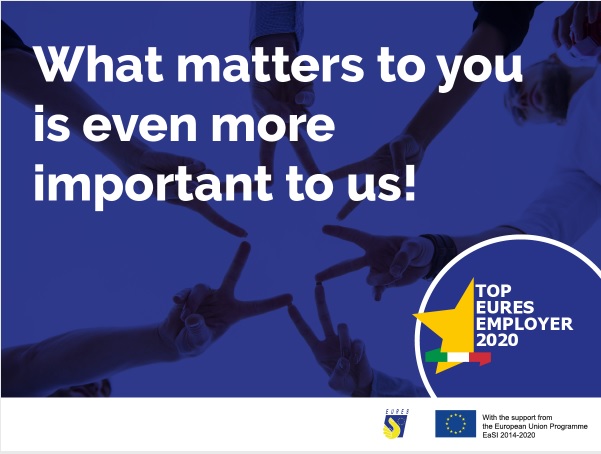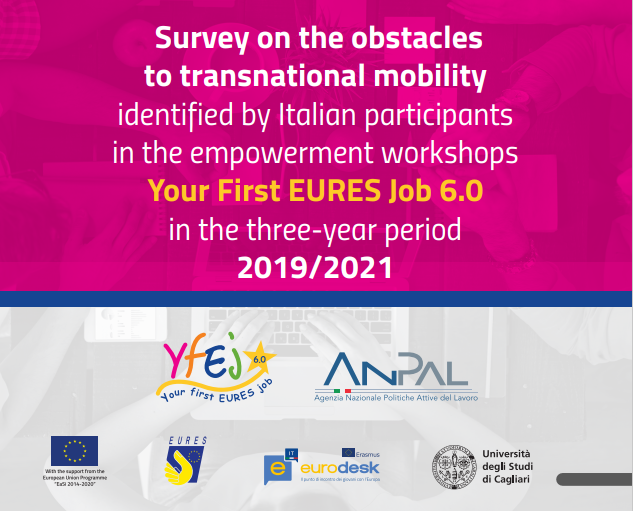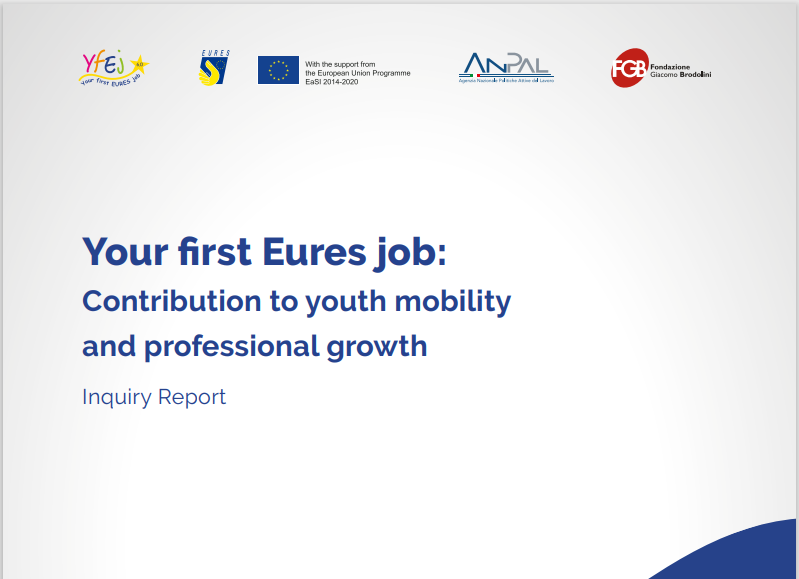Achieving circular, voluntary, fair and high-quality employability and professional mobility in Europe: these are the key topics of the “Job mobility in Europe: the achievements of YfEj 6.0 and future perspectives” online event organised by ANPAL – National Coordination Office EURES. The event took place earlier on today (April 21st) with the aim to present the results achieved in the Your first EURES Job 6.0 project and pave the way for the launch of a brand-new project – the Targeted Mobility Scheme (TMS) –, developed by the European Union and financed through the Employment and Social Innovation programme (EaSI).
Italy has supported the Your first EURES job (YfEj) project since its first launch, back in 2015. The project sustains and promotes professional mobility opportunities among young jobseekers between 18 and 35 years of age, while also assisting employers in researching specific professional profiles within the European jobs market. The sixth edition of the project (2019-2021), which has just come to an end, was led by the ANPAL EURES National Coordination Office in partnership with 12 EU Member States, 9 other National Coordination Offices, 15 partners (including, among others, Unioncamere and La Sapienza, University of Rome) as well as other European and national bodies and programmes, such as Eurodesk, Europass, Euroguidance and Erasmus +.
During the event, the European Commission, the EURES ITALY network and the project partners had the opportunity to present the results achieved as well as the outcomes of the activities carried out between 2019 and 2021, while also emphasising the pilot actions and research conducted to improve the quality of the professional mobility paths offered as part of the project: 1730 young jobseekers benefited from the financial support measures provided by the YfEj, and 1276 placements were arranged – falling slightly short of the original goal, set at 1500 placements, but achieving an equally impressive result, considering the obstacles presented by the pandemic. More than two thirds of the participants (79%) were offered a job – securing permanent employment contracts in some cases (39%) – whereas the remaining completed traineeships (12%) and apprenticeships (9%).
Young people from 27 nationalities attended the event – mainly Italian (48%) and Spanish (24%). The majority (66%) was aged between 23 and 30, unemployed (66%) and presented a high level of education (68%). Among the 21 destinations available, the majority expressed a preference for Germany, Bulgaria and the Netherlands. The event was also joined by 366 employers, mostly SMEs (69%), operating in 17 different economic sectors (mostly health, information, communication, administrative support and technical assistance).
The project partners presented the results of some pilot actions and researches aimed to support the quality of professional mobility.
In particular, the Giacomo Brodolini Foundation presented the results of the survey entitled “Your first Eures job: contribution to mobility and to the personal and professional growth of young people – survey report“, while Eurodesk Italy conducted a survey on the obstacles to transnational mobility detected by the Italian participants in the
Your First EURES Job 6.0 empowerment workshops in the three-year period 2019/2021.
Some of the employers, jobseekers, experts and EURES advisers who took part in the project also shared and assessed their experiences and achievements. In addition, two award ceremonies took place: one for the winners of the “Stories, secrets and suggestions: a mobile worker’s life” contest and the other (Top EURES employer Label) for those employers who distinguished themselves for having offered high quality traineeships as part of the project.
Towards the conclusion, the new EURES initiative, the Target Mobility Scheme (EURES TMS), was presented. The programme builds upon the experience gathered from the Your first EURES job (for under 35) and Reactivate (for over 35) projects. The new TMS – led by ANPAL – EURES National Coordination Office – will also be funded through the European Commission’s EaSI programme, and it will unify the pool of potential beneficiaries by offering support measures to all the jobseekers aged over 18. A wide array of benefits has been envisaged in order to support candidates in tackling the costs which may arise from job interviews, travels, language courses and qualifications/diploma recognition.

